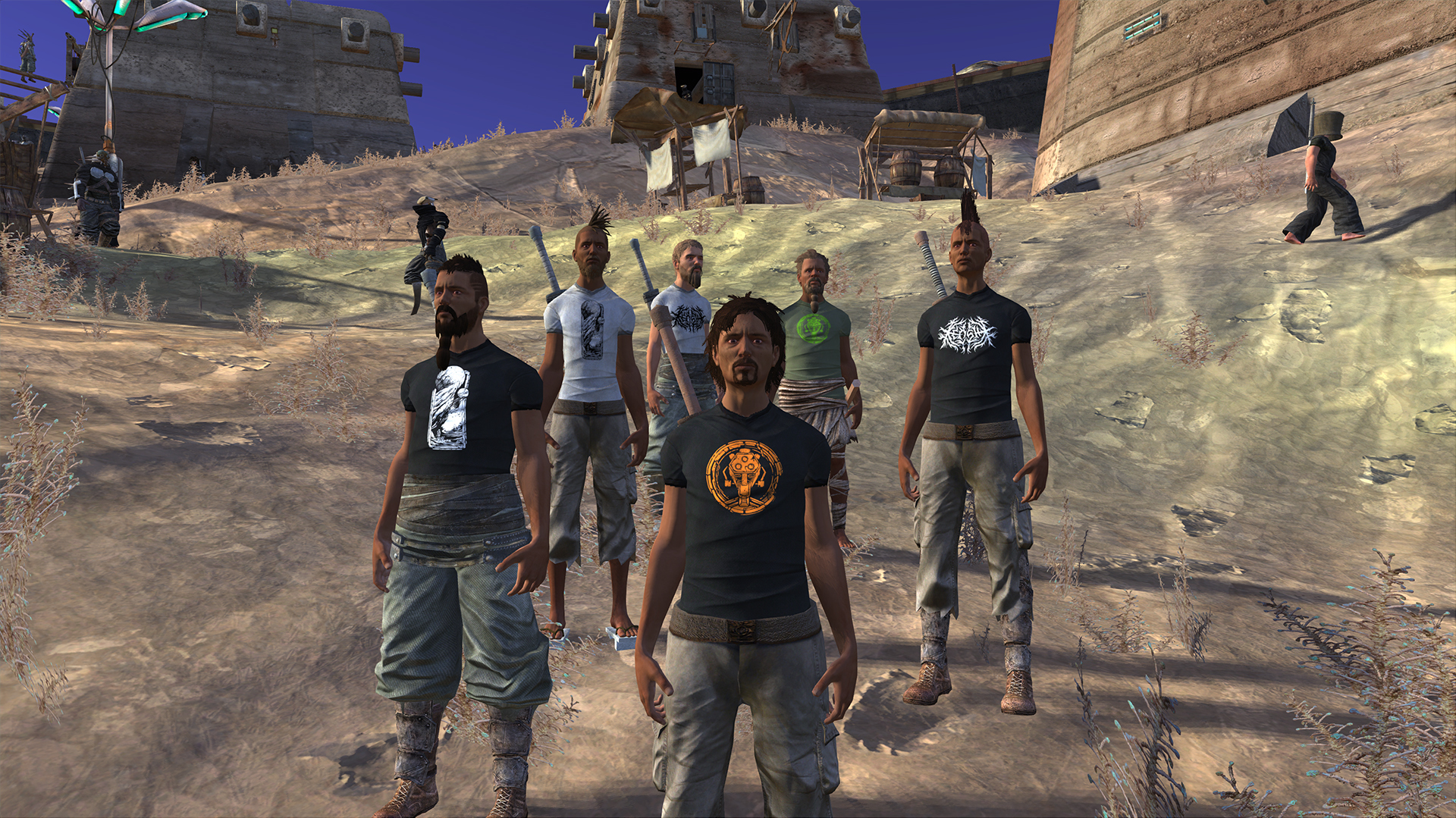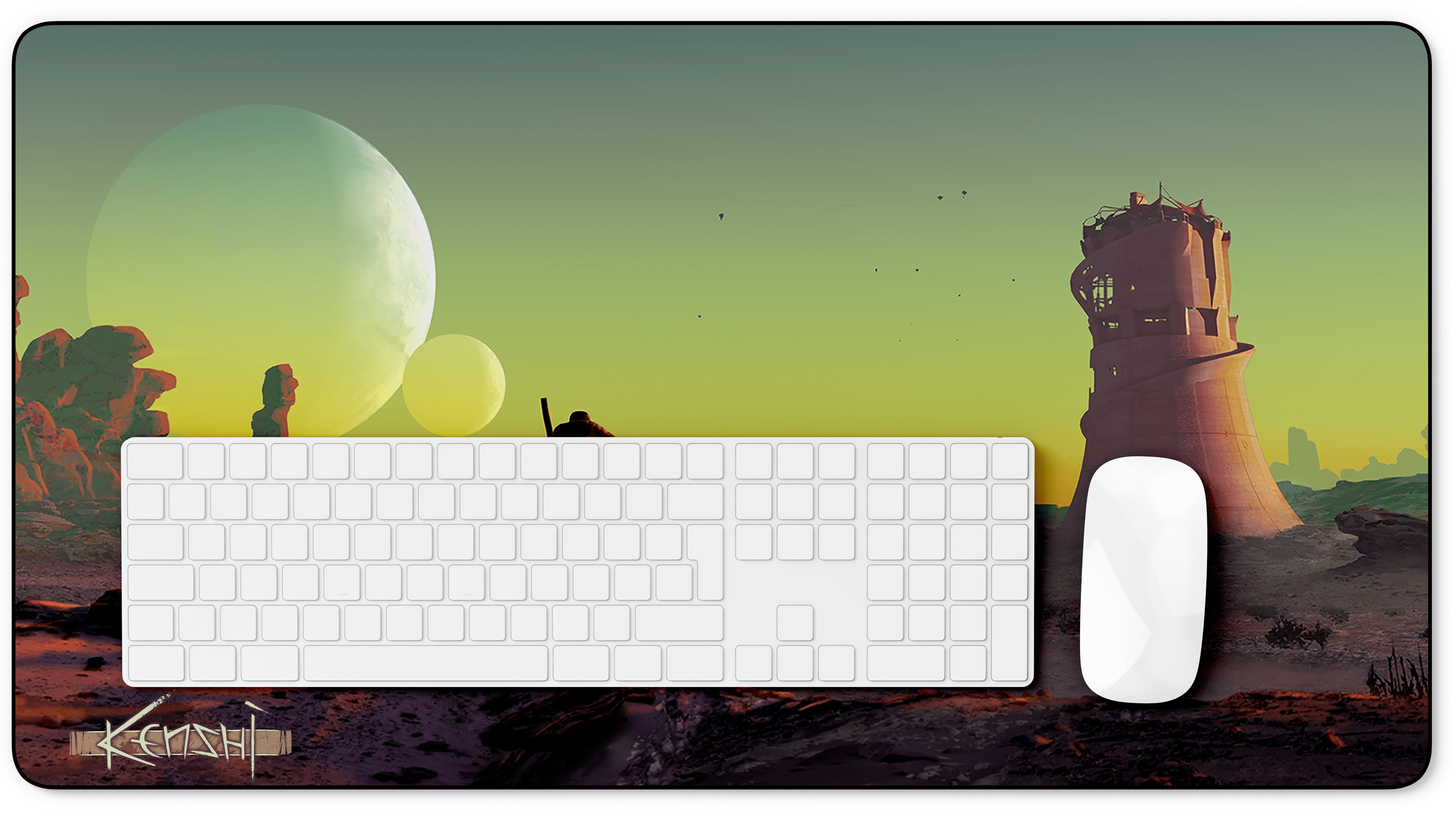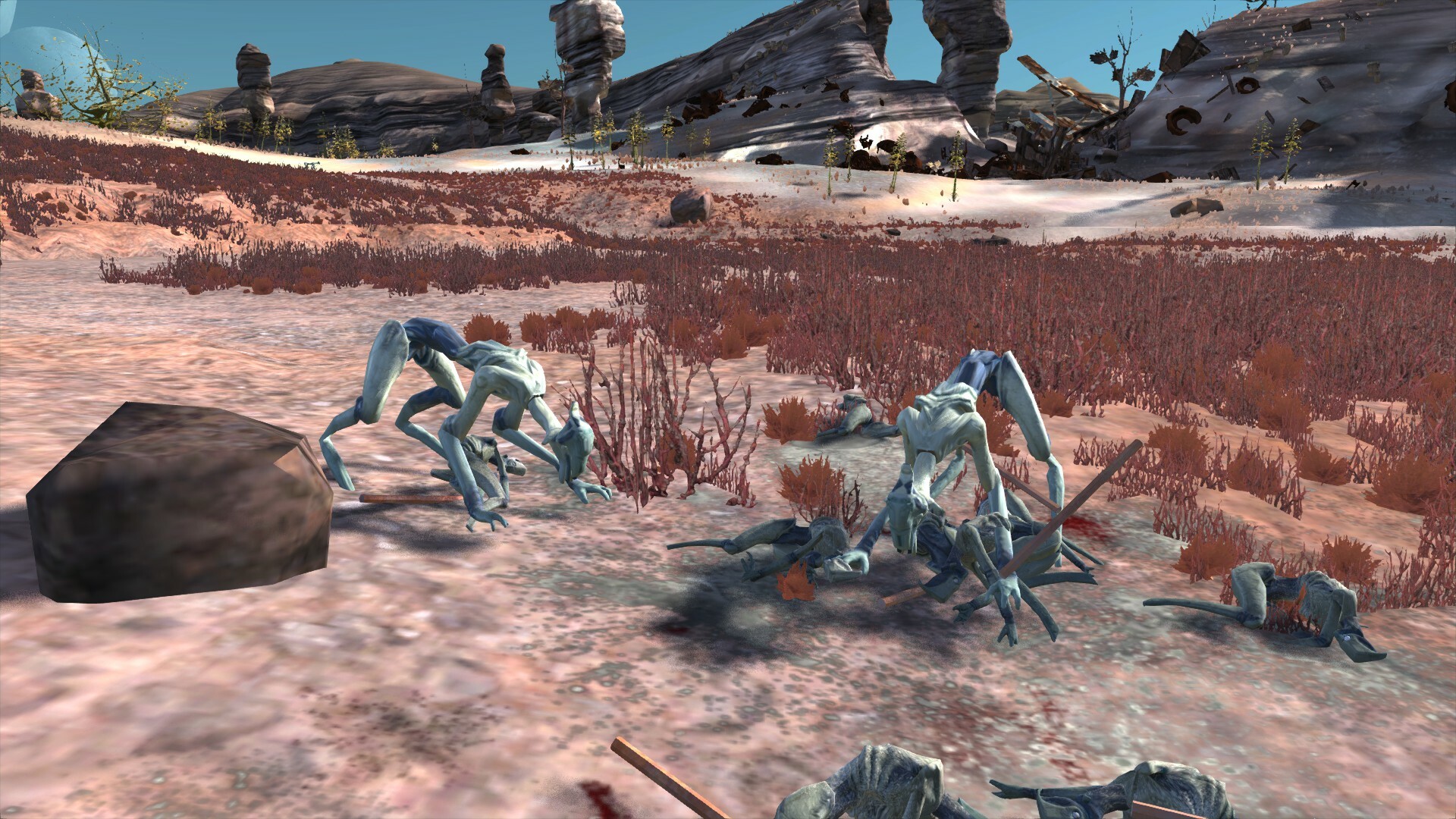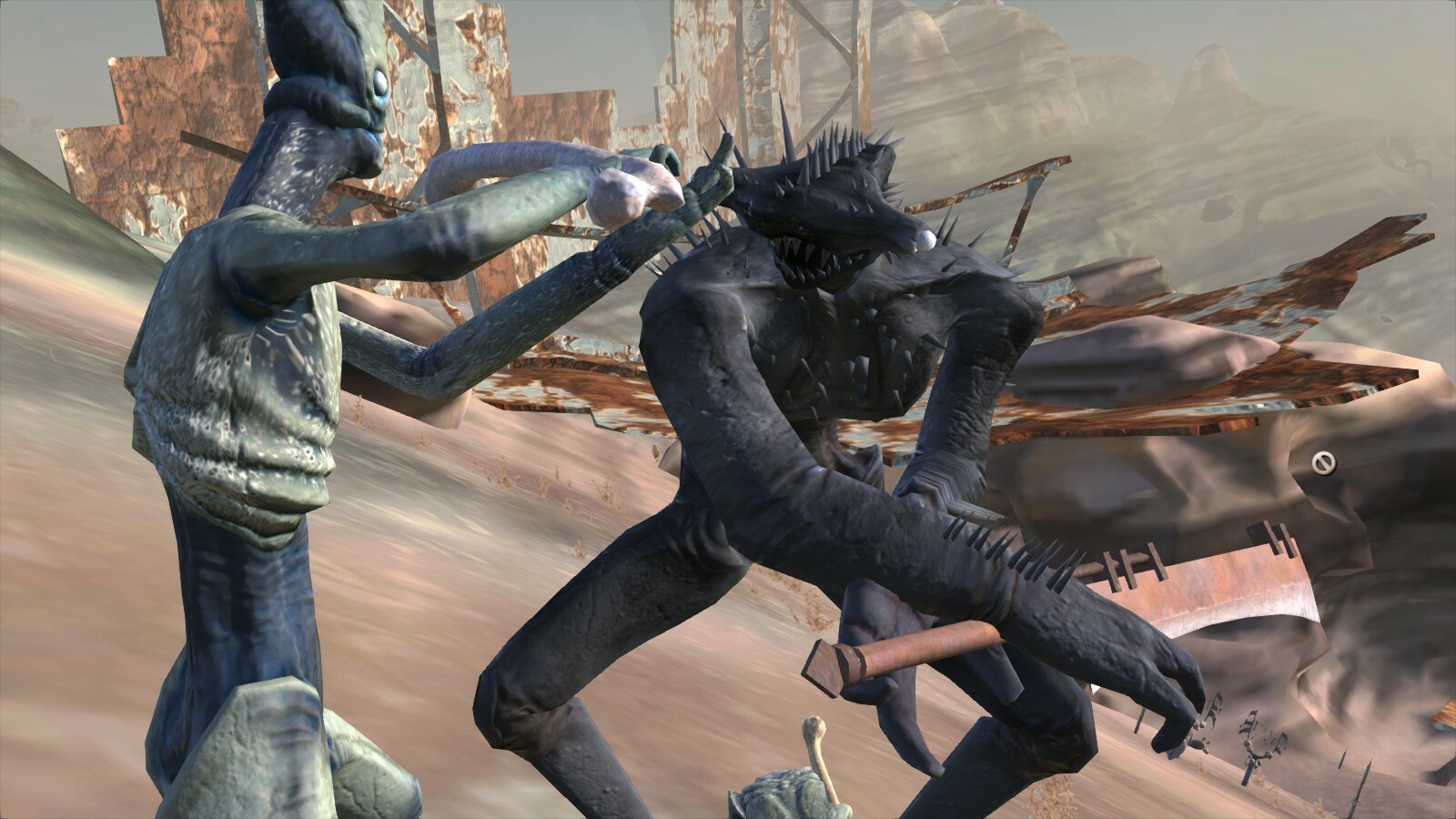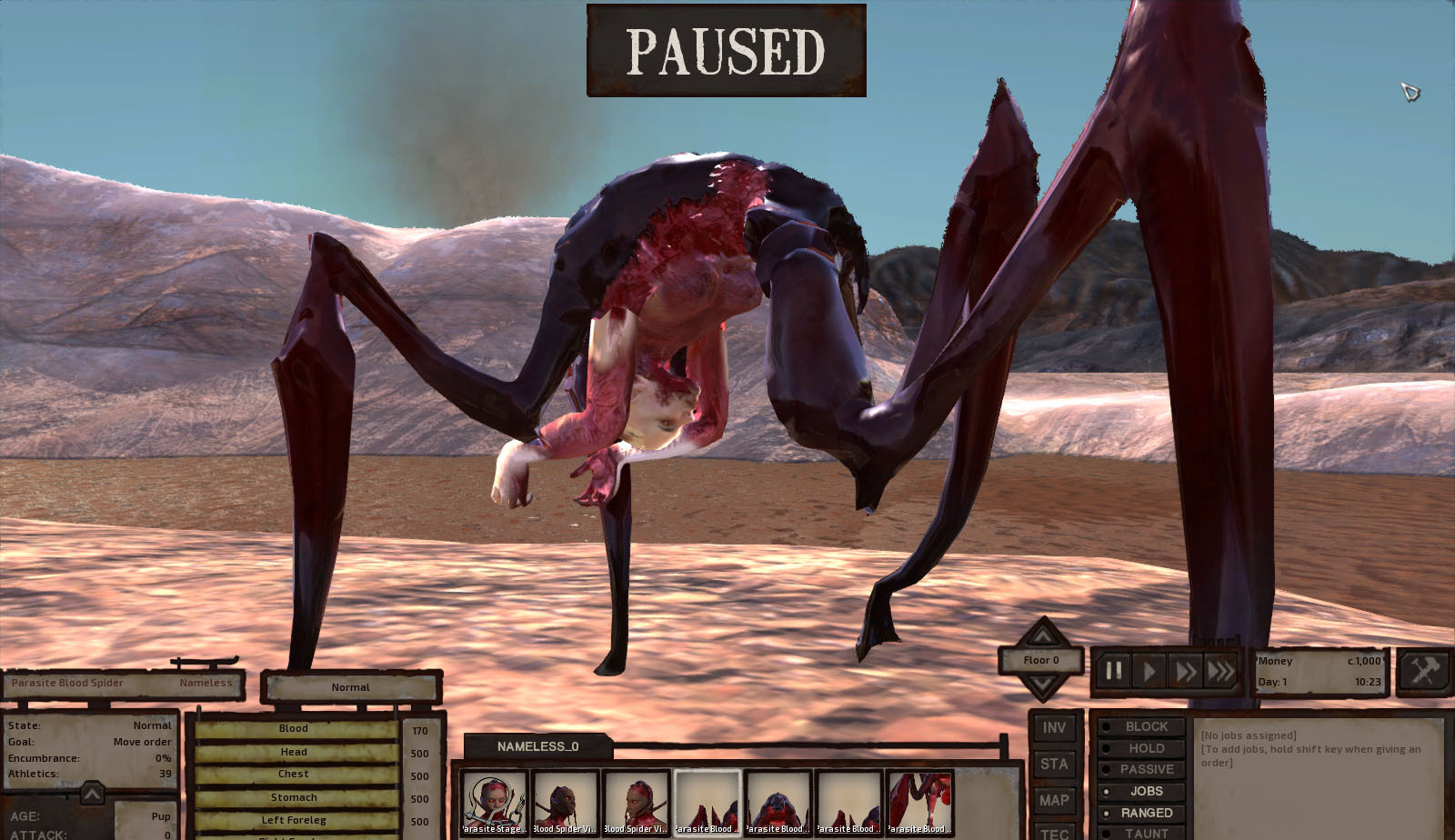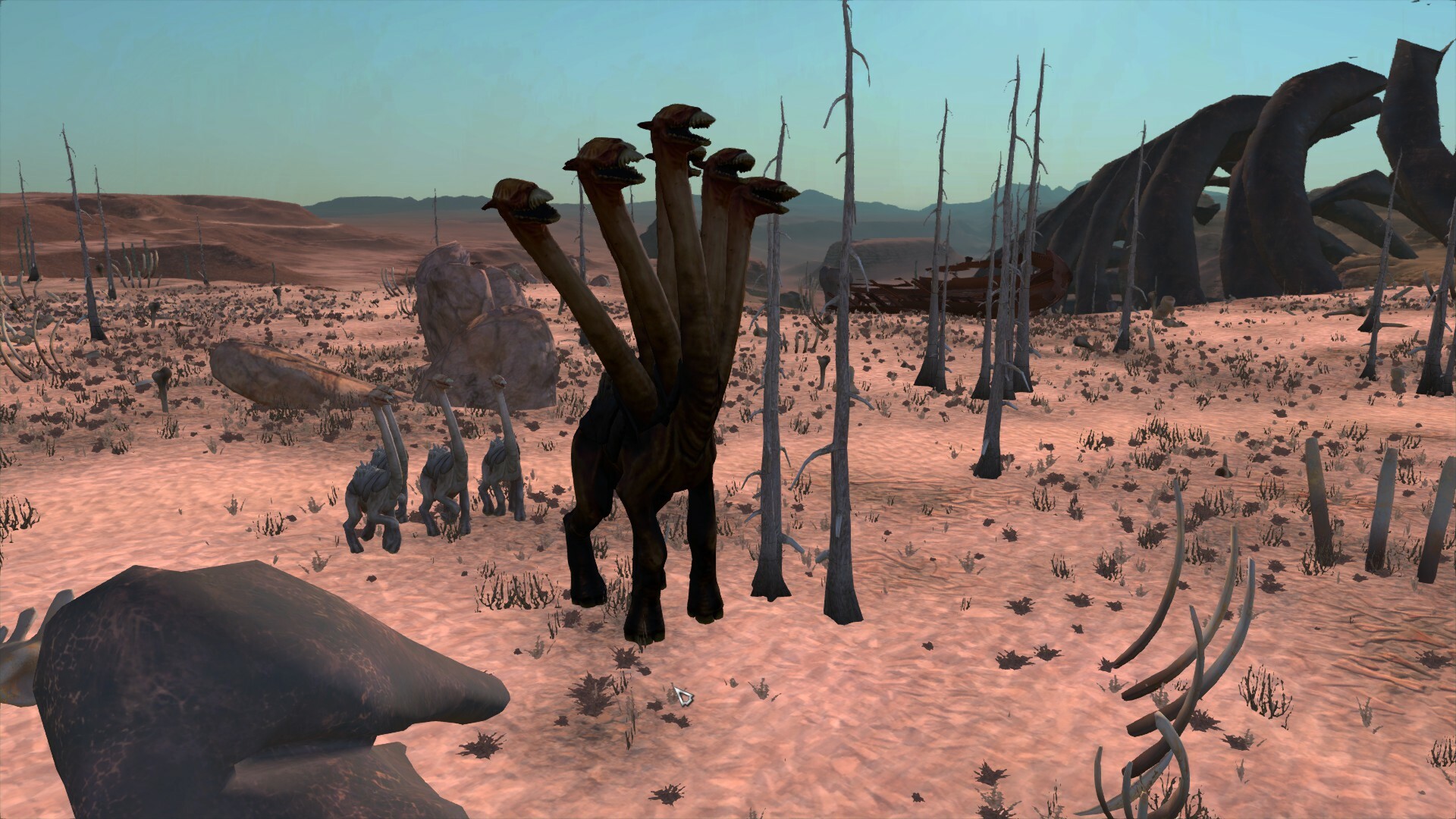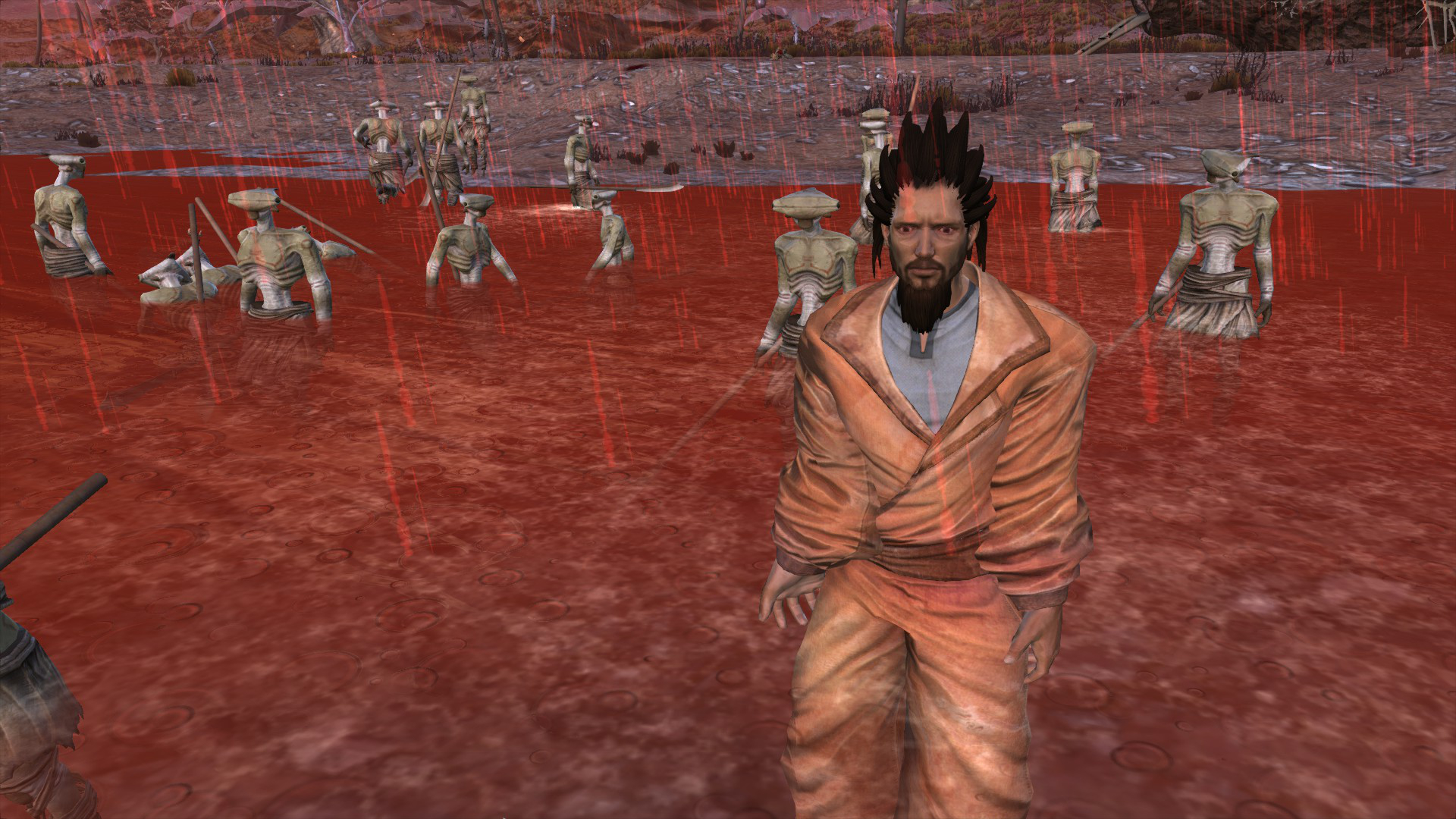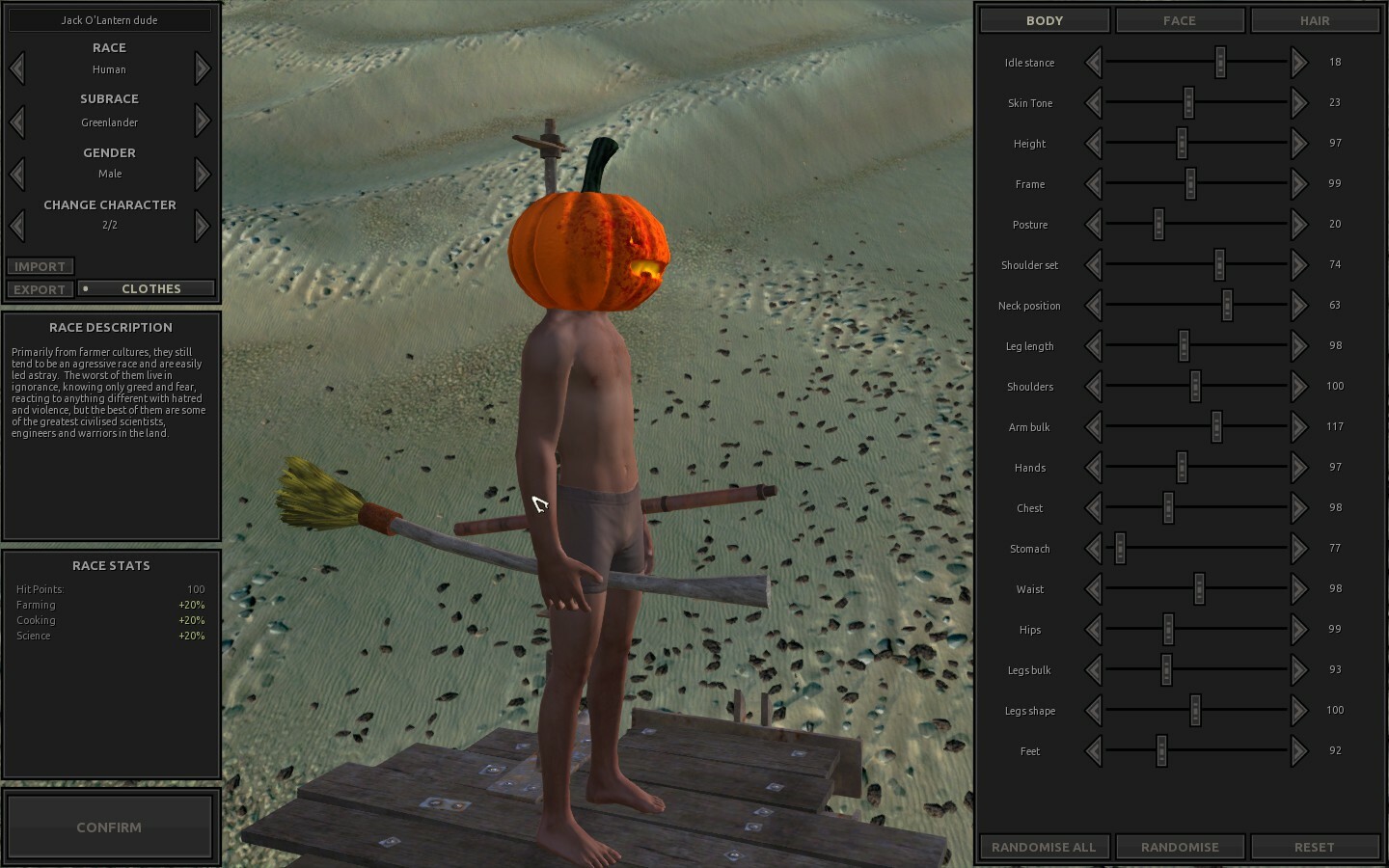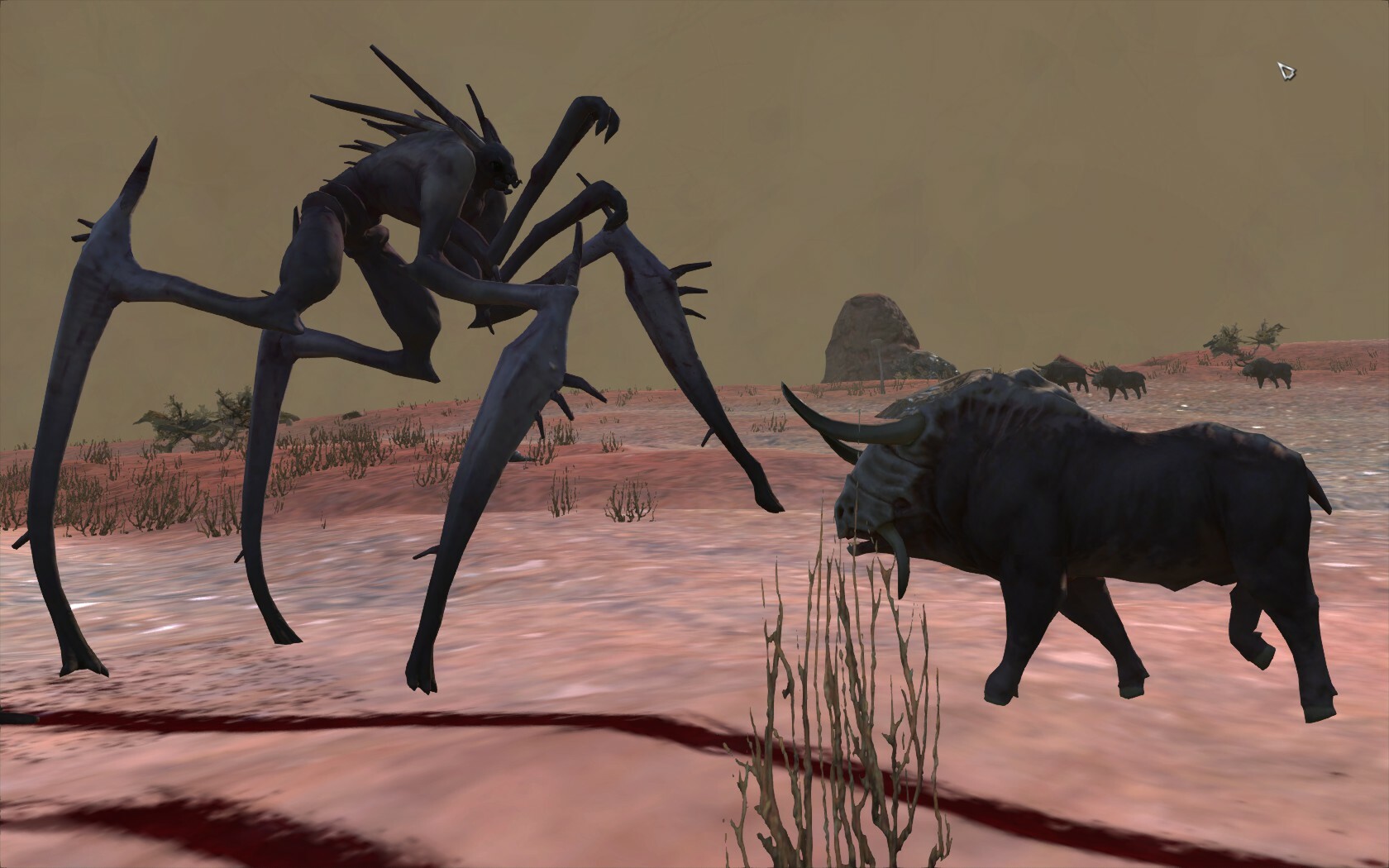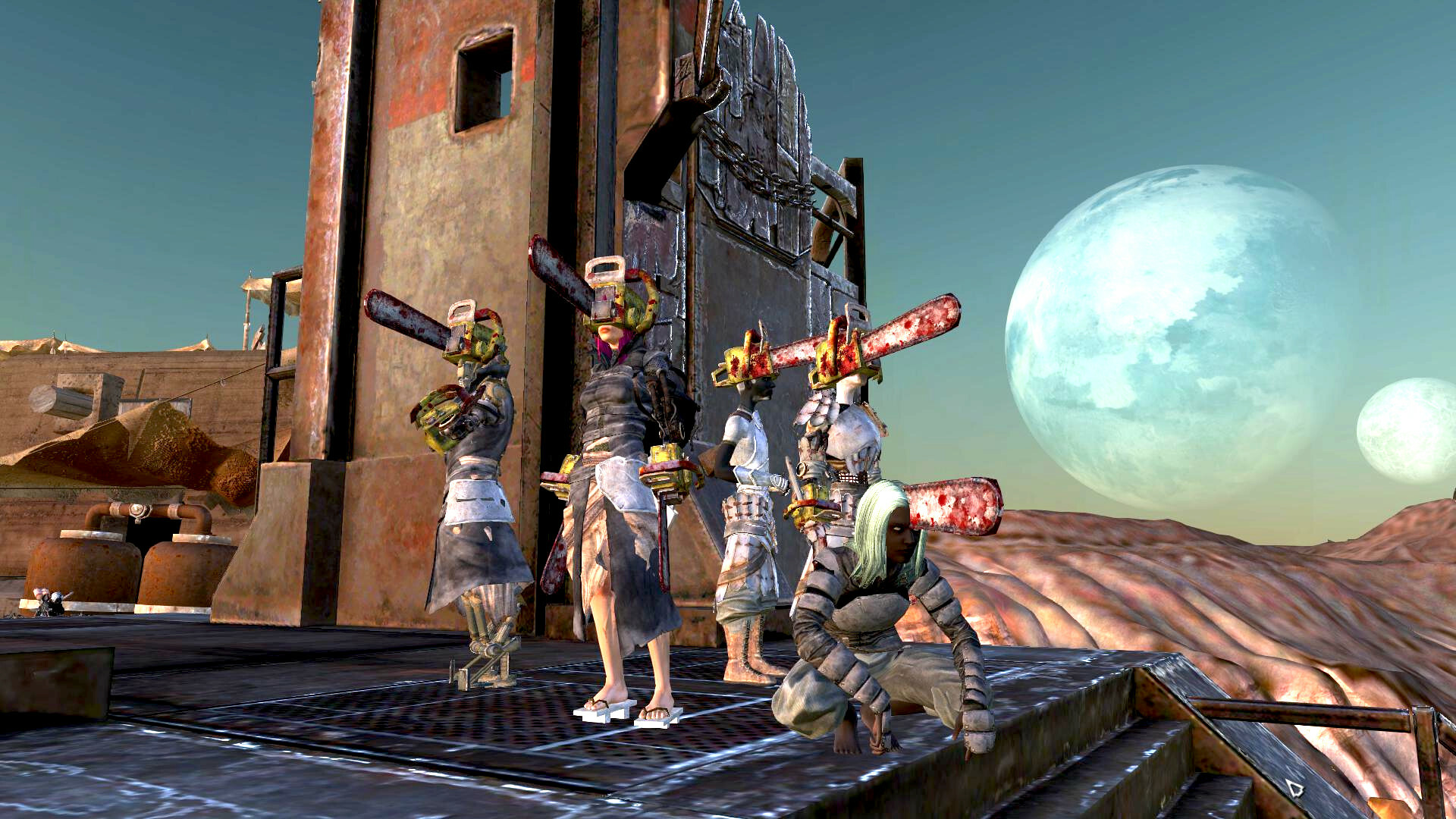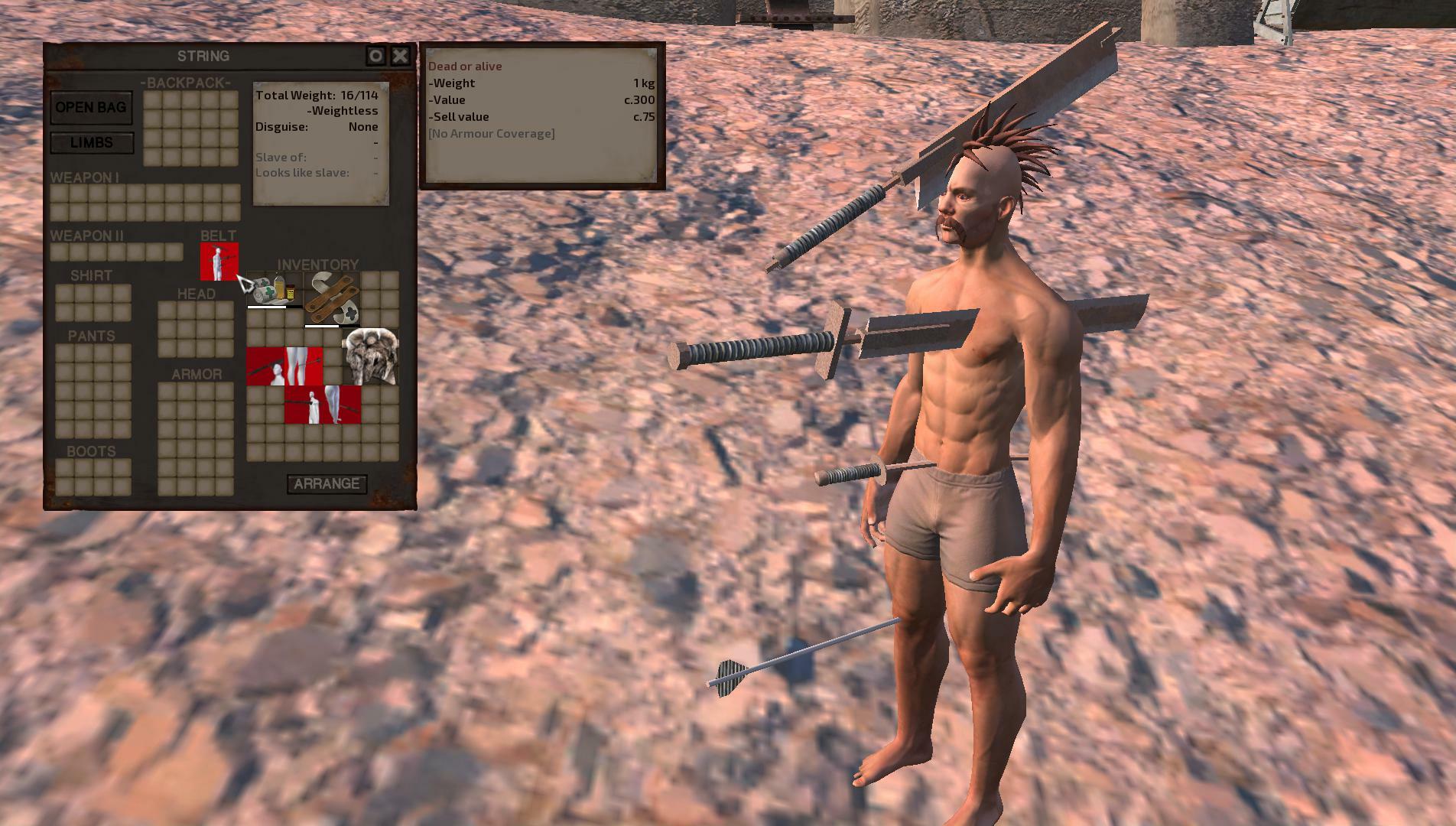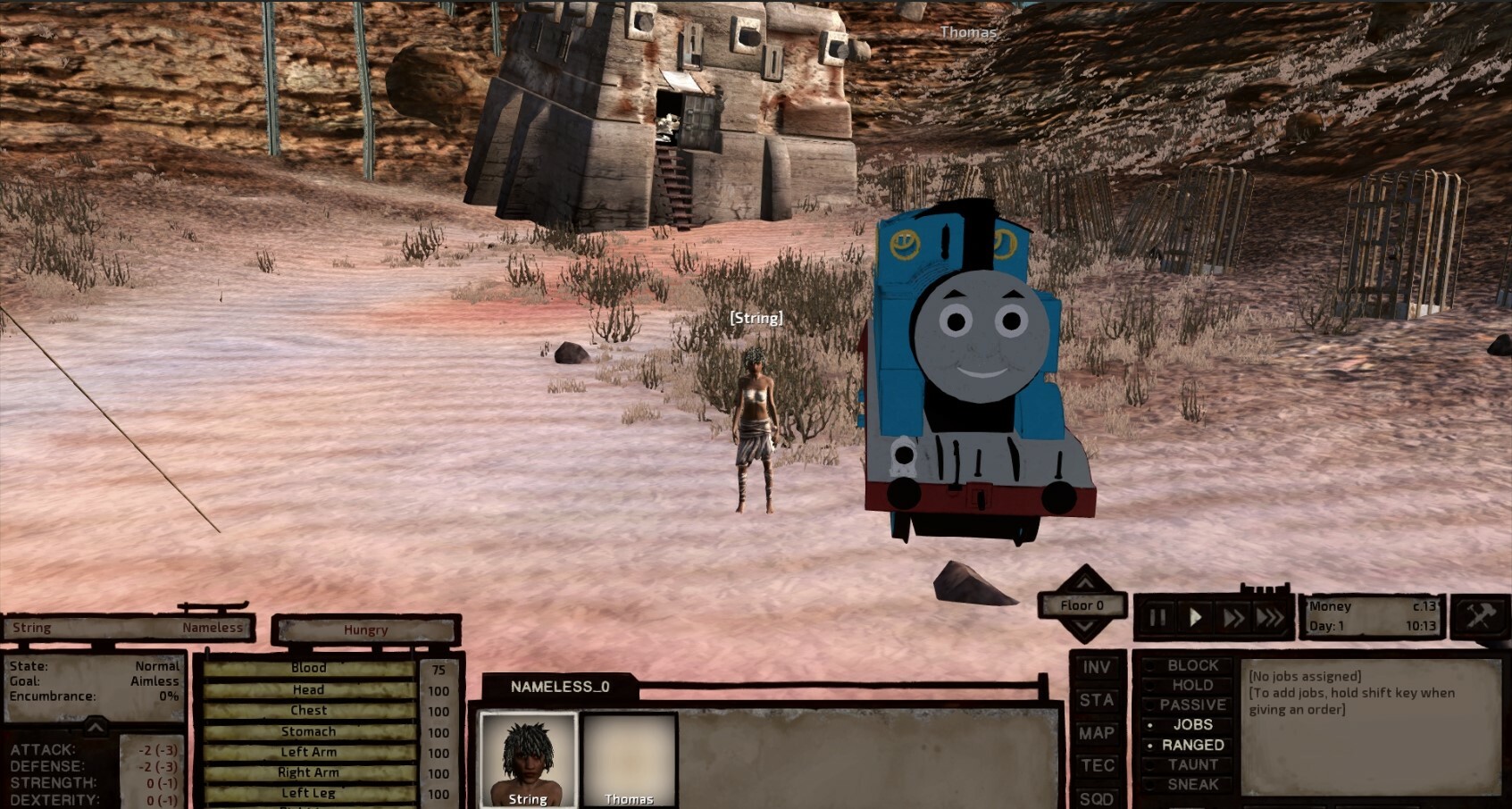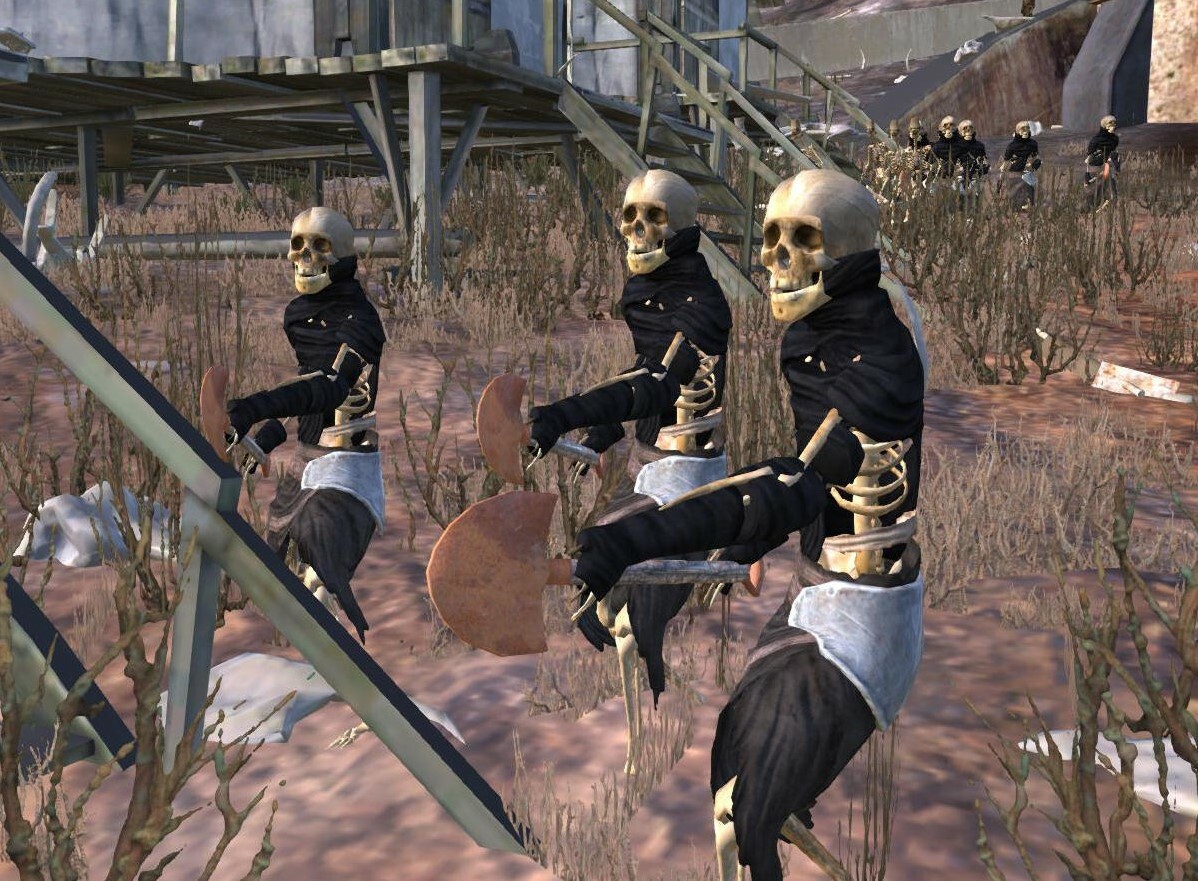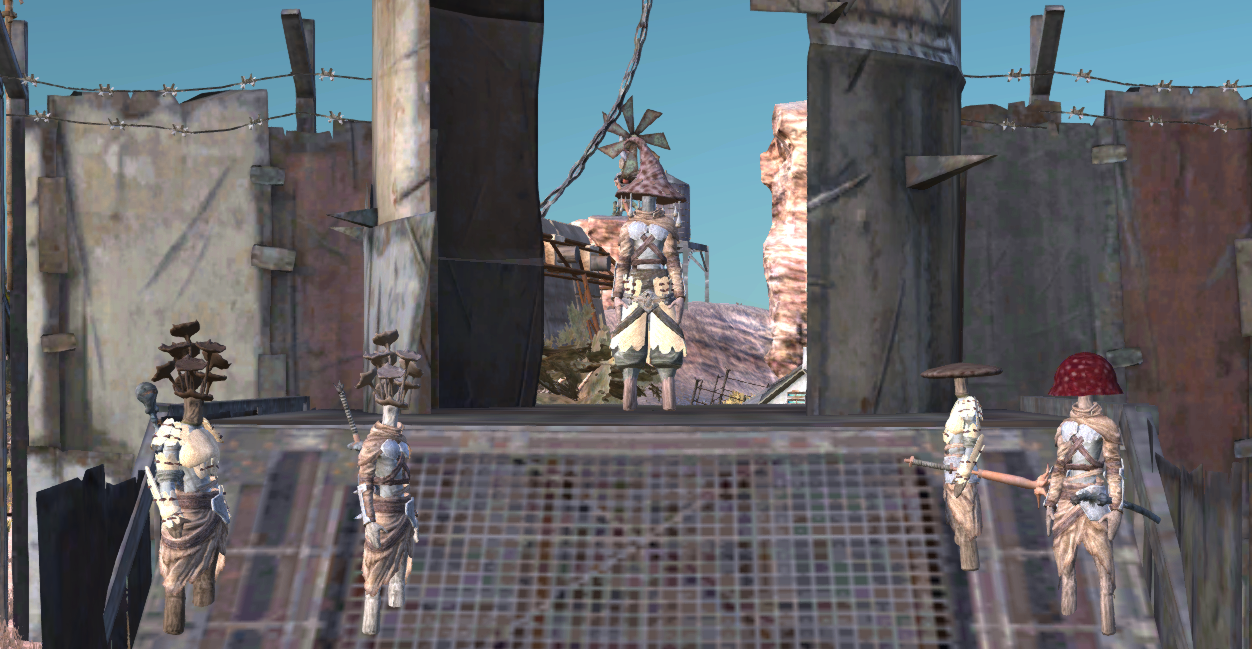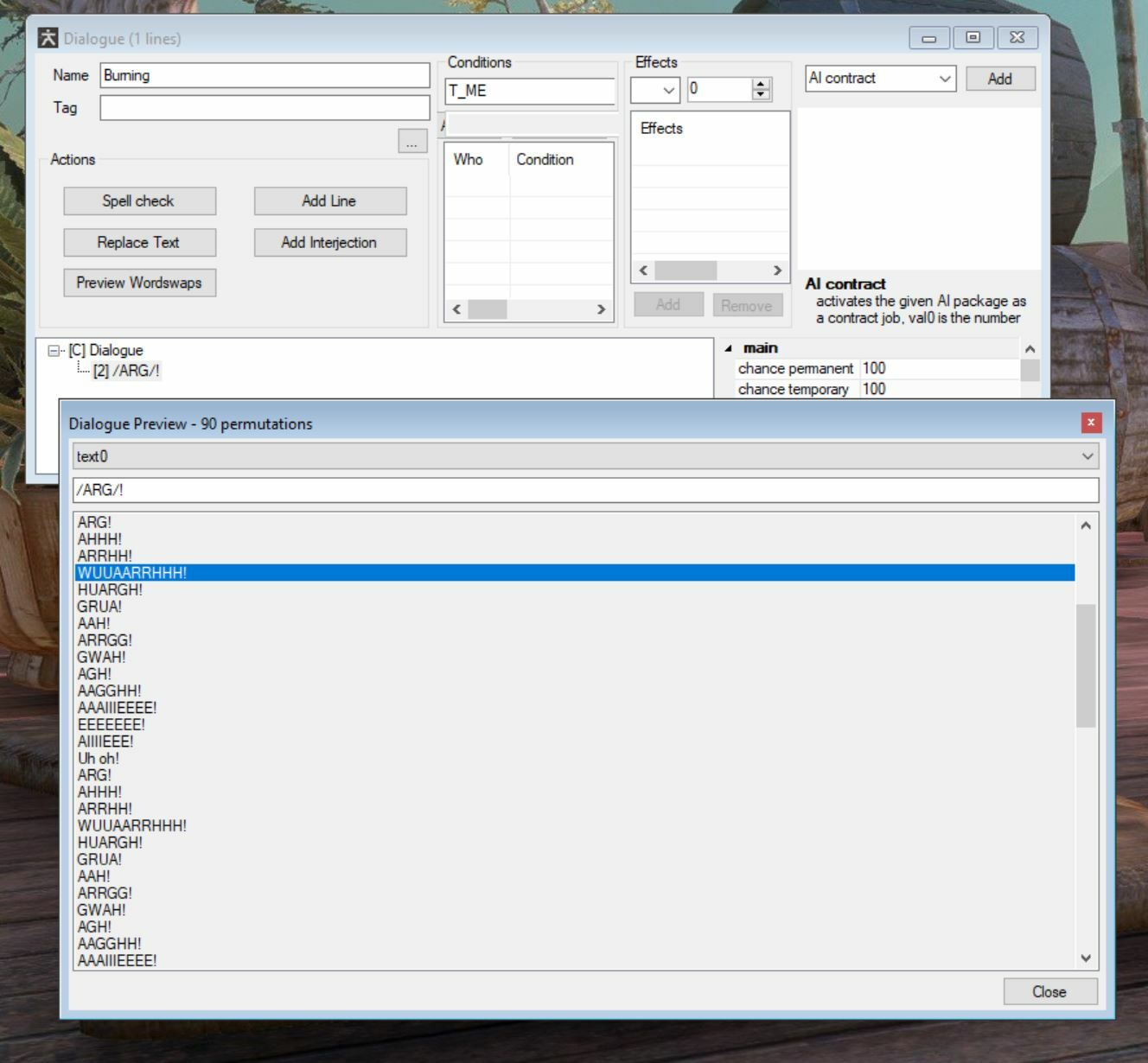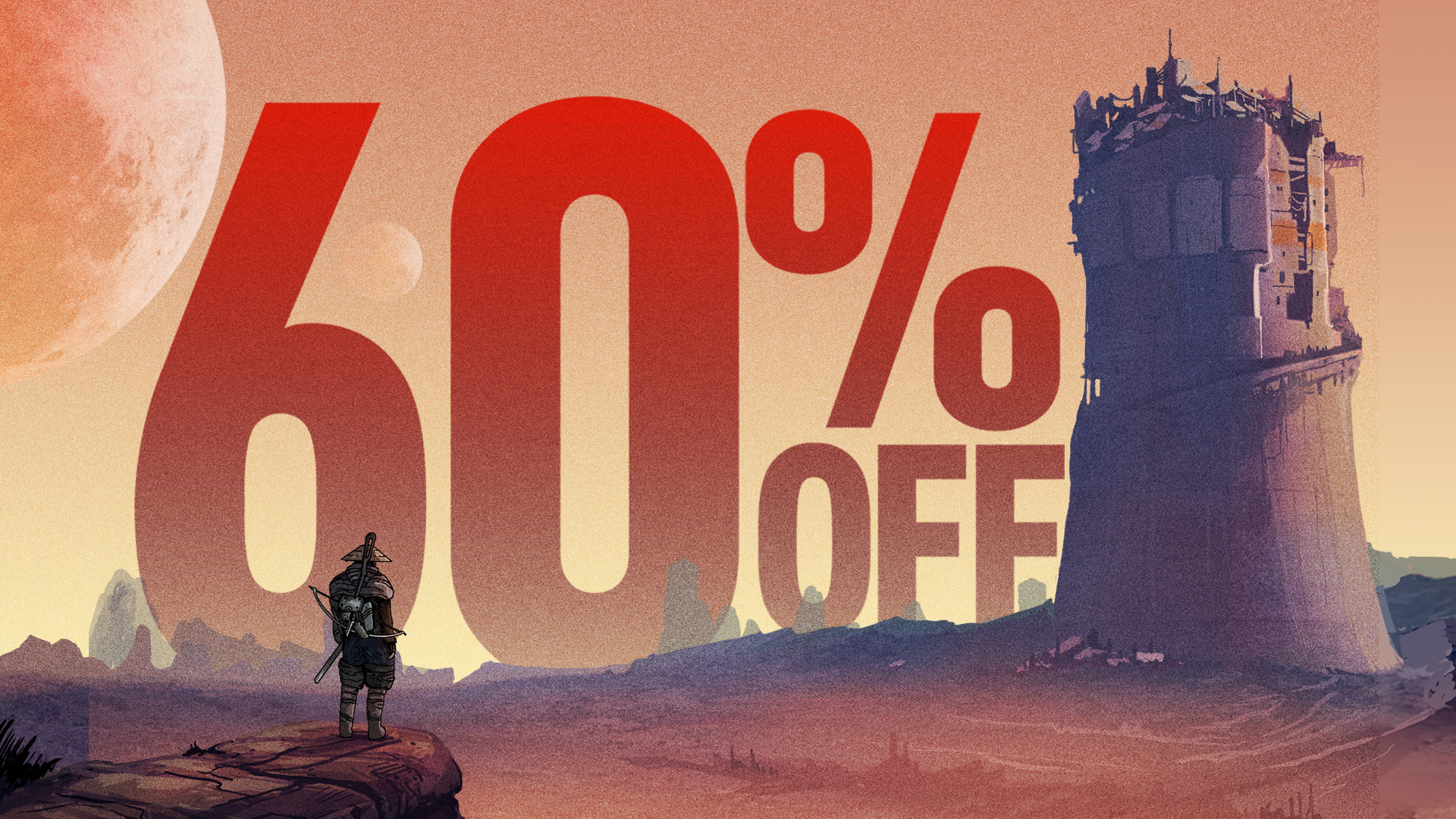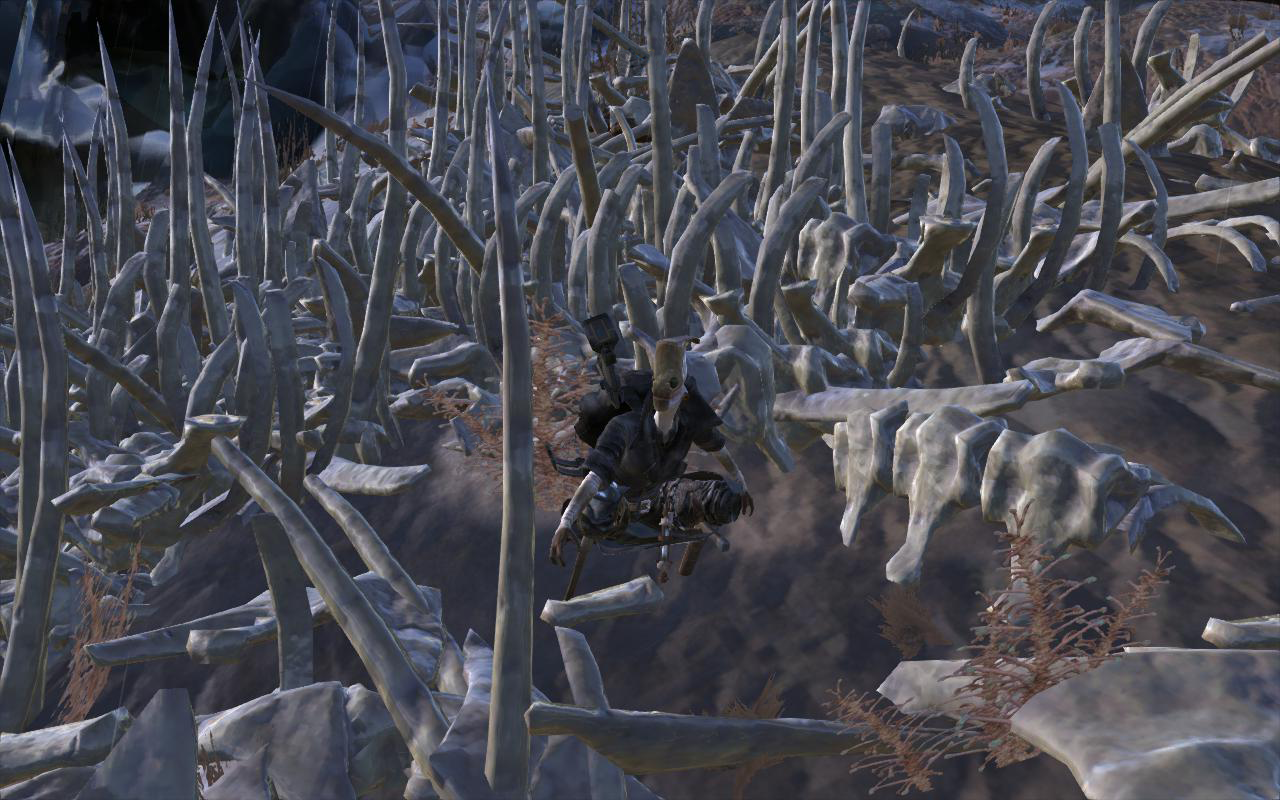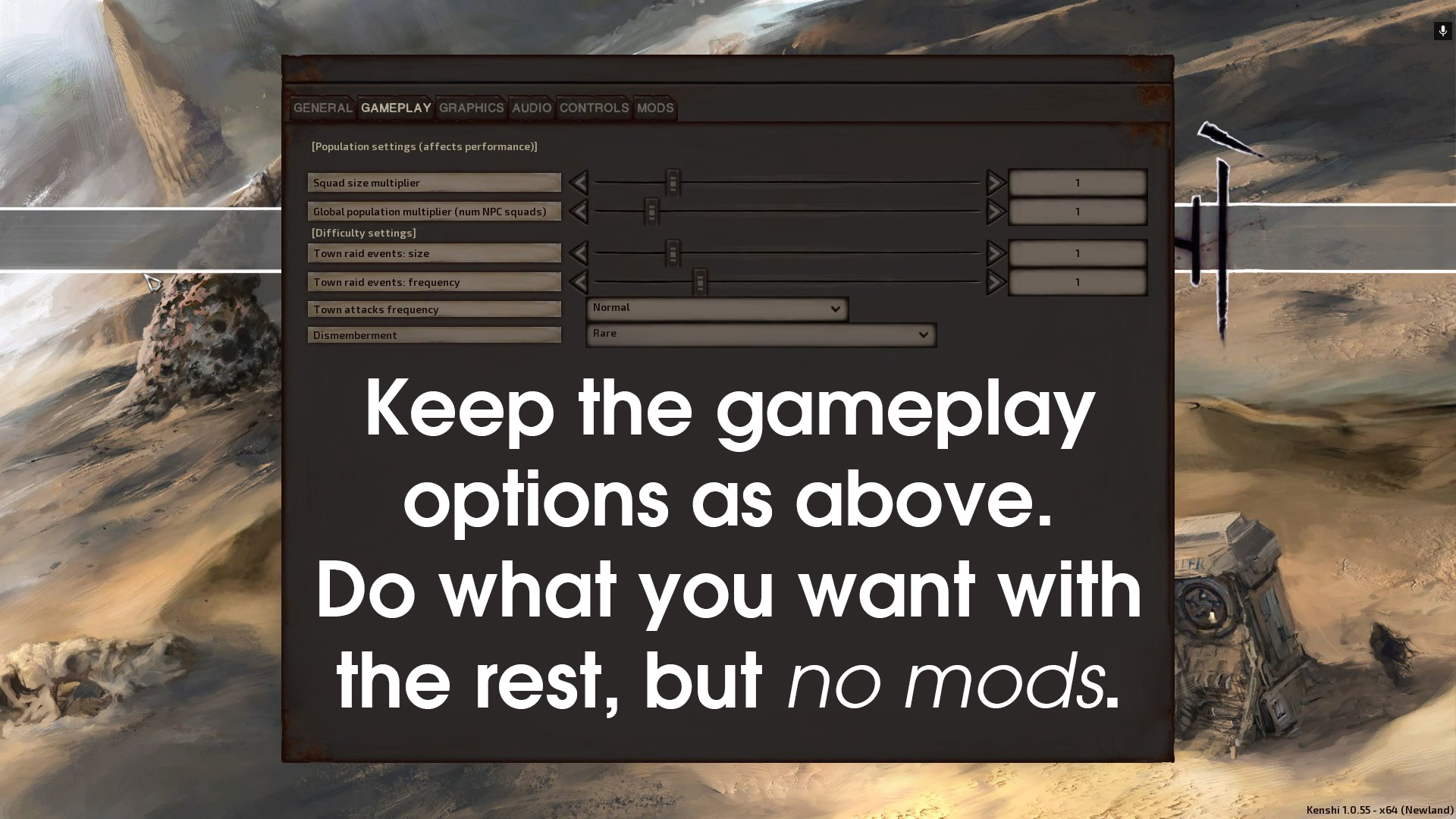
Kenshi - Breakoar
Happy New Year Kenshi fans! We hope those of you who celebrate Christmas or managed to have a bit of time off from work or studies had a lovely festive season!
This is a quick update to show you fantastic folks all the amazing mods, fanart and screenshots we highlighted on our social media in December.

The Steam Winter Sale draws to a close on 5th January at 10:00AM PST, so if you’ve not yet grabbed yourself a bargain for yourself or a friend, you have a little time left to get Kenshi at 55% off!
https://store.steampowered.com/app/233860/Kenshi/
This is a quick update to show you fantastic folks all the amazing mods, fanart and screenshots we highlighted on our social media in December.
Community Spotlight #4
Last day of the Steam Winter Sale

The Steam Winter Sale draws to a close on 5th January at 10:00AM PST, so if you’ve not yet grabbed yourself a bargain for yourself or a friend, you have a little time left to get Kenshi at 55% off!
https://store.steampowered.com/app/233860/Kenshi/






